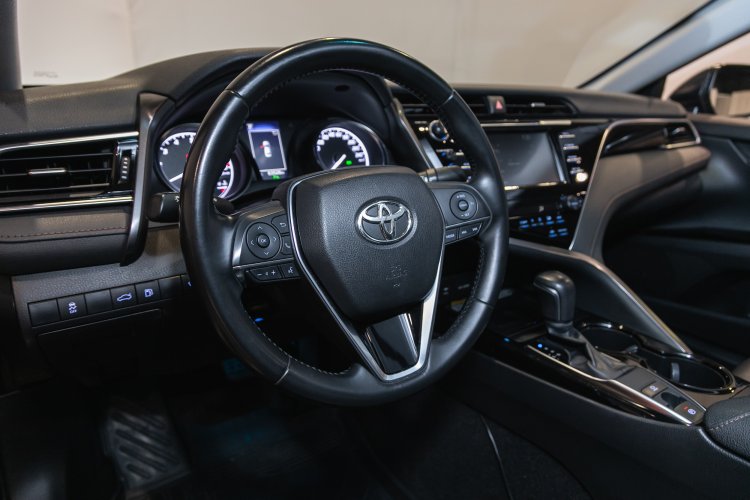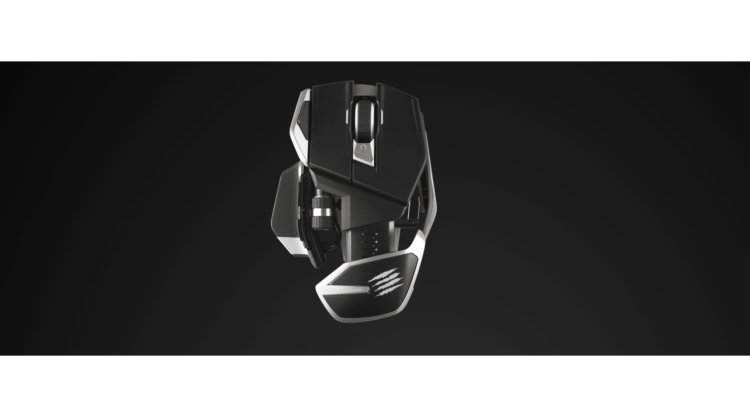Toyota: Steering wheel that changes size

The unique steering wheel highlights the driver's fault. In the event of non-compliance with the programmed computer, he almost loses his fingers.
Modern car drivers' bad behavior is indicated by beeping, flashing, vibration, or unexpected braking. Today's automobiles are outfitted with programmed equipment that monitors the pilot's reaction to what is going on around them; unpleasant actions are frequently accompanied by an audio or visual alarm, which the Japanese regard as insufficient obedience monitoring.
Toyota has patented the steering wheel, whereby the driver practically gets wrapped around his fingers if he tries to deviate from the predefined routines. The recognized vibrations will be reinforced by a modification in steering wheel size. The dimensions should rise and decrease if the sensors detect a mistake, according to the documentation presented for legal protection of the invention.
The company anticipates that the installation of a revolutionary car control will increase the number of sensors immediately compatible with the steering mechanism.
According to the official description of operation, the new function is called "Steering wheels with an adjustable coefficient of friction," which loosely translates as a steering wheel with an adjustable coefficient of friction based on the principle of changing the coefficient of friction between the rim surface and the driver's palm.
In practice, reactions to turning, for example, should occur. The sensors should be able to recognize the true form of driving behavior, and if there is an insufficient or risky way of staying in one's own lane, the steering wheel should warn of an unauthorized maneuver. Aside from expanding and contracting the leather rim, high-tech steering wheels can generate ultrasonic vibrations to warn of flaws.
Because it is unclear whether the warning is linked to other systems or indications, the function appears to be more ambiguous, and if the steering wheel was alerted, one would not know exactly what he did wrong. Tactile feedback without a colored problem indicator might lead to unpleasant surprises, similar to how autos have a variety of alarms and warning lights.
Toyota is developing a new principle in response to dissatisfaction with its current lane-keeping solution, which is said to distract drivers, and the current automatic direction correction is said to result in an unpredictable backlash from an inexperienced driver who can go in the opposite direction in an instant. According to the Japanese, the idea was created to capture attention without injuring or disrupting the crew.
The Toyota Research Institute claims ownership of the referenced technology through the United States Patent and Trademark Office. Exploring the usage of steering wheels in the hands of drivers does not match the future vision of unmanned transportation.




























